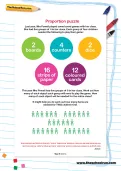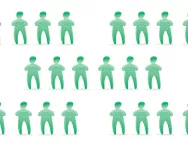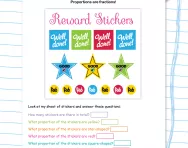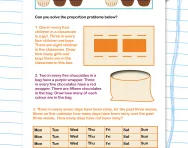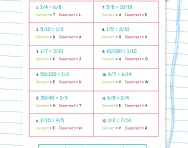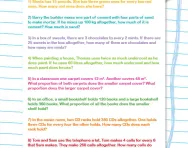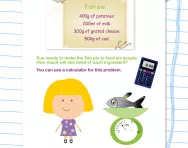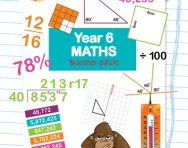TheSchoolRun.com closure date
As we informed you a few months ago, TheSchoolRun has had to make the difficult decision to close due to financial pressures and the company has now ceased trading. We had hoped to keep our content available through a partnership with another educational provider, but this provider has since withdrawn from the agreement.
As a result, we now have to permanently close TheSchoolRun.com. However, to give subscribers time to download any content they’d like to keep, we will keep the website open until 31st July 2025. After this date, the site will be taken down and there will be no further access to any resources. We strongly encourage you to download and save any resources you think you may want to use in the future.
In particular, we suggest downloading:
- Learning packs
- All the worksheets from the 11+ programme, if you are following this with your child
- Complete Learning Journey programmes (the packs below include all 40 worksheets for each programme)
You should already have received 16 primary school eBooks (worth £108.84) to download and keep. If you haven’t received these, please contact us at [email protected] before 31st July 2025, and we will send them to you.
We are very sorry that there is no way to continue offering access to resources and sincerely apologise for the inconvenience caused.
Proportion puzzle
What is a proportion puzzle in KS2 maths?
A proportion puzzle in KS2 (Key Stage 2) maths is a fun and engaging way for children to learn about proportions. Proportions are about understanding how different numbers or quantities relate to each other. In these puzzles, kids usually have to figure out how to balance or match different parts to make them equal or find missing values in a set of ratios.
For example, a proportion puzzle might show that two apples are needed for every three oranges to make a perfect fruit salad. If a child has six apples, the puzzle would ask them to figure out how many oranges they need. By solving these puzzles, children practice their multiplication and division skills and learn to see the relationships between numbers in a practical, fun way.
How will this proportion puzzle help your KS2 child?
This proportion puzzle was created by a primary school teacher to help your child understand proportion and practise what they have learned.
For more help with KS2 maths, check out our hub page, or try a new challenge such as our Solving proportion puzzles.
